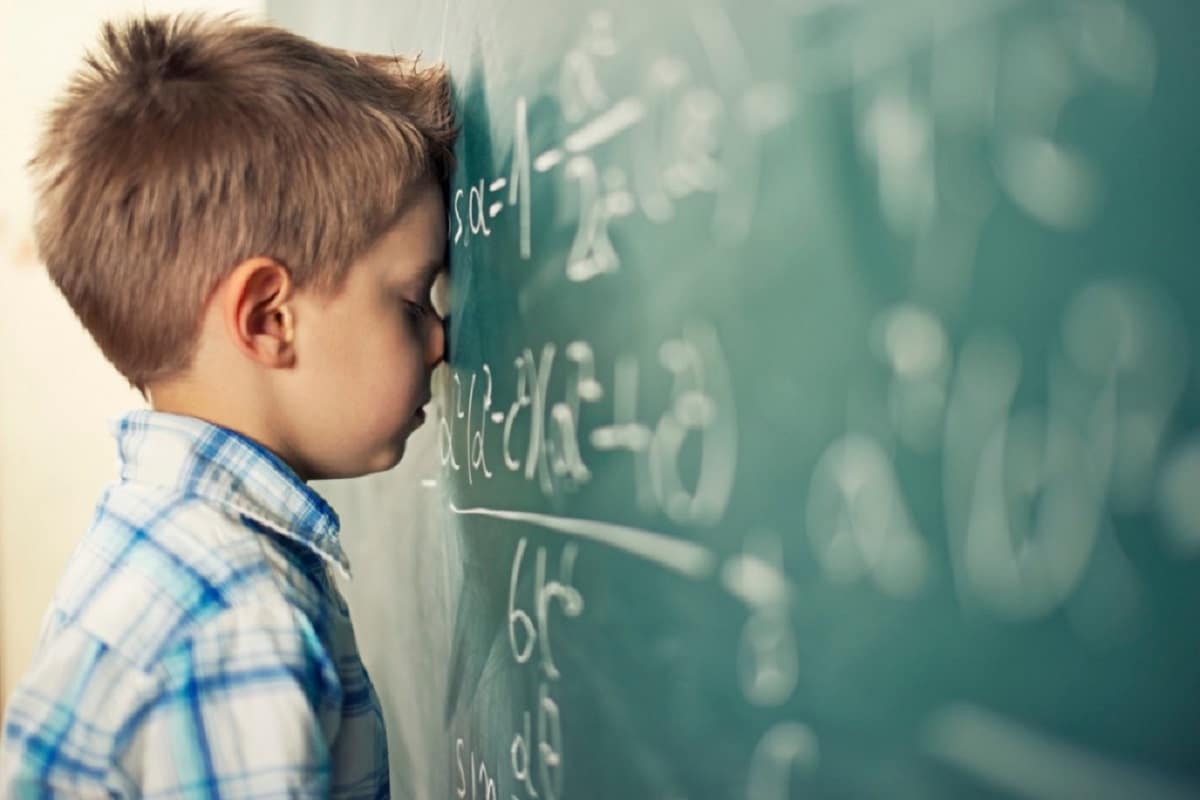
According to specialists, 1 in 10 school-age children suffers from learning difficulties. Something that, on many occasions, is difficult to detect due to the lack of information that parents often have. Even the lack of specialized personnel in nursery schools. Learning difficulties do not have to be associated with another disorder, which is why, in most cases, it is possible to correct the problem.
Detecting these types of problems prematurely is essential for the child to be able to receive the stimulation and work necessary to correct their difficulty. Since when this happens, generally the child tends to modify his behavior with the rest of the children so as not to feel inferior, emotional problems appear, poor school performance and in the most serious cases, premature abandonment of studies.
Learning difficulties, what do they consist of?
Learning difficulties in children are usually associated with a specific aspect, that is, it does not have to affect all areas of the study. Some children with this type of disorder have difficulty writing correctly and others understand mathematical concepts, for example. In some cases, these difficulties are associated with a disorder such as ADHD or ASD, and even with a disability intellectual.

These are the main learning disorders:
- Dyslexia: Is about the difficulty of writing correctly, the brain orders the words differently, which causes the child to write the words in reverse.
- Dysgraphia: In this case, the inability to write well is due to a motor problem. The child does not perceive words correctly and as a consequence, cannot reproduce them appropriately.
- dyscalculia: It is about the difficulty to learn and develop mathematics. Currently, it is estimated that between 1% and 3% of school-age children have this learning disorder.
Alarm signs
Many children have learning difficulties, something that in most cases could be corrected if the child received attention on time. These problems have always existed, but in the past it was taken for granted that the child "was not worth" to study and was overlooked. Fortunately, today there are child psychologists and professionals who can help to correct these problems.
Thus, more and more children can continue their academic life with great merits, thus achieving a full work and professional life. Detecting the alarm signals in these cases is essential. If you think your child may be suffering from any of these difficulties, do not hesitate to discuss it with your teachers and go to the pediatrician so that an assessment can be made immediately.

These are some red flags that you should keep in mind:
- The boy has trouble understanding instructions to carry out tasks. Even when they are very simple and age appropriate.
- You have difficulty remembering thingseven when they have just been explained to you.
- Often confuses the letters, reversing the order when writing them.
- Write the words, numbers or the letters backwards.
- If the child have trouble coordinating movements simple and age appropriate. For example, holding the pencil, tying your shoelaces and even walking if you often stumble continuously, since it is a coordination problem.
- Mix up the sentences when readingas it cannot follow a line.
- Easily irritated and avoid homework time. Possibly, you will try to do them alone so that no one is aware of your difficulties.
In most cases, once the problem is found, the child has to receive therapy with specialists to correct or improve your problem. These treatments can include speech therapy, physical therapy, and even occupational therapy. Although learning difficulties tend to accompany a person throughout his life, today there are many ways to improve this type of disability.